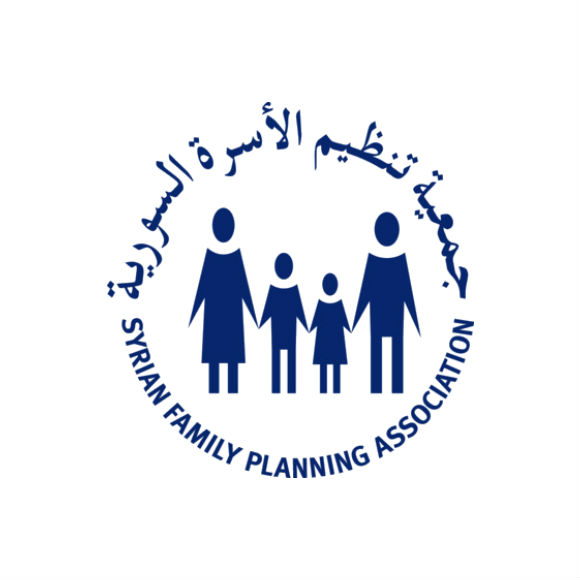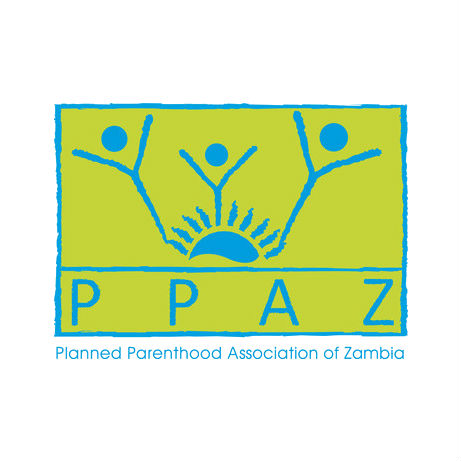

| 31 March 2016
Syrian Family Planning Association
The Syrian Family Planning Association (SFPA) is the leading agency promoting awareness of family planning and delivering services to the community in Syria which, as international indices show, faces a number of major sexual and reproductive health (SRH) challenges ,including GBV in particular . SFPA's priority is to deliver high quality, extensive SRH services via its network of 17 static clinics, 3 mobile unit, and 3 associated agencies. A number of these are run in conjunction with the Ministry of Health and the other related government and non government agencies. The Syrian community has historically had limited awareness of family planning, and limited awareness of the personal and economic health benefits achievable through planned spacing of births. Much of SFPA's work to date has involved information, education and communication (IEC) work and advocacy at all levels to create greater understanding and a more favorable environment towards the idea of family planning. With basic knowledge of modern contraception now common (shared by about 94% of women of reproductive age), SFPA is beginning to develop a whole new range of programmes which will enable women and young people (in particular) to make informed (and economically beneficial) choices about their own SRH and fertility. SFPA's Facebook page: https://www.facebook.com/syrianfamilyplanningassociation

| 31 March 2016
Planned Parenthood Association of Zambia
The Planned Parenthood Association of Zambia (PPAZ) was created in 1972. Then, it was dedicated to the promotion of family planning services. Over the years, it has evolved into a major service provider and advocacy body, with significant input into government policy on sexual and reproductive health (SRH) issues. Services offered include family planning, voluntary counselling and testing (VCT) for HIV, the treatment of sexually transmitted infections (STIs), antenatal and post-natal care, emergency contraceptive provision, laboratory tests, and screening. PPAZ refers clients on for additional services including prevention of mother-to-child transmission (PMTCT), antiretroviral treatment and home-based care. The organization operates 3 static clinics, 11 mobile units and 10 community-based services (CBSs). It has a full-time staff of 34, backed by 1,300 volunteers which include over 200 community-based distributors (CBDs) and 398 peer educators. In total, PPAZ runs 229 service points. PPAZ places a strong emphasis on HIV and AIDS prevention and treatment: as the statistics show, HIV prevalence rates are exceptionally high in Zambia. PPAZ has worked intensively on integrating gender and empowerment perspectives into HIV prevention. It has undertaken behaviour change communication projects directed at young people, both in and out of school settings, and it’s taken similar projects out to rural communities. PPAZ partners extensively with non-governmental organizations (NGOs), particularly those involved in youth and HIV and AIDS work. It receives financial support from Care international, UNICEF, the Japanese Organisation for Cooperation in Family Planning (JOICEP), Forum RFSU and IPPF’s Japan Trust Fund. Contacts Website: www.ppaz.org.zm Facebook: https://www.facebook.com/groups/137992098191/







